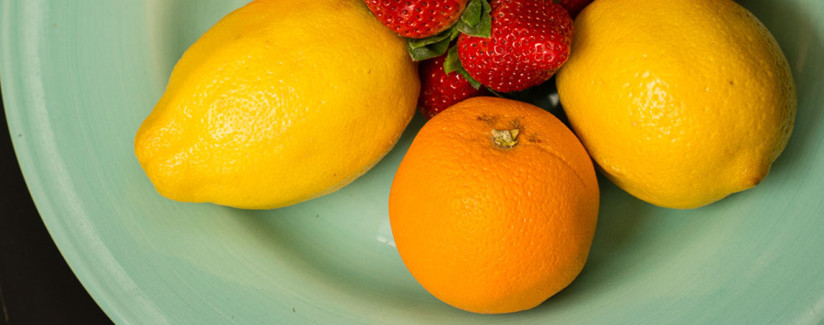
To diet or not to diet? New study says pick wiser foods for a healthy weight.
Given the fact that it’s swimsuit season, many of us are thinking about our bodies and are wondering if there are fixes to help with our weight woes. Some say it’s a simple equation of “calories in, calories out,” but findings from a new study out of Harvard indicate there’s more to it than that.
The study, which included over 120,000 participants, analyzed changes in weight over 20 years. Ultimately, it pinpointed specific foods which likely contributed to weight gain as well as those which likely contributed to weight loss over a period of years. It wasn’t an obesity study, but rather a study of how people gain weight over time.
A researcher in the study, Dr. Walter Willett, Chair of the Department of Nutrition at the Harvard School of Public Health, said, “We found that highly refined foods, sugary beverages and potatoes were related to greater weight gain.”
So what are the foods most likely to contribute to weight gain and weight loss?
Foods likely to contribute to weight gain
- Potato chips
- Potatoes
- Sugar-sweetened beverages
- Unprocessed red meats
- Processed meats
Foods likely to contribute to weight loss
- Yogurt
- Nuts
- Fruits (not fruit juices)
- Whole grains
- Vegetables
Why are some foods likely to contribute differently to our weight? Dr. Willett offered the following responses:
Why do potatoes/refined carbohydrates lead to weight gain?
Dr. Willett:
There is a very strong hypothesis that… potatoes, since we cook them, are very rapidly broken down into sugars. It’s quickly absorbed into the blood, removed rapidly by action of insulin, and in a few hours, we’re hungry again.
Why do foods like nuts and yogurt accelerate weight loss?
Dr. Willett:
It’s not completely understood, but (nuts) seem to be very satiating. They are chewed for a while, and then stay in the stomach for a while. There is a lot of fat, but calorie for calorie, they make it easier to control overall caloric intake.
What was most surprising about the study outcomes?
Dr. Willett:
Yogurt was probably the most surprising finding. There has been a lot of work in recent years on how different types of bacteria in the colon influence… weight gain. It may be that healthy bacteria in yogurt are helping change the mix of bacteria in the colon and influencing weight.
It is important to note, however, that the best way to control weight is to add physical activity. “Exercise works. Just one hour a week makes a difference,” said Dr. Richard Besser – ABC News Chief Health and Medical Editor. Sleep is also a factor – sleeping fewer than 6 hours or more than 8 can add fat to your middle. Watch Dr. Besser discuss the study on ABC News.
Connie Diekman, RD, Director of University Nutrition at Washington University in St. Louis as well as past president of the Academy of Nutrition and Dietetics, told WebMD that the study provides some good support for factors other experts have assumed are linked with weight gain. She reviewed the study but was not involved in it.
Diekman says that among the most interesting findings is that the lower the intake of fruits, vegetables, whole grains, nuts, and yogurt, the more significant the weight gain. That result is consistent with the recommendation in the new MyPlate Dietary Guidelines to shift food intake to more fruits and vegetables.
Another important finding is that “a shift in calorie intake of as little as 50 to 100 calories a day may be all it takes to gain or lose weight.”
Final advice? “I’d encourage consumers to think about one portion you can cut down on each day or one 10-minute walk you can add to your day. These small steps can then become the steps on the path you need to make more changes to achieve, and maintain, a healthier weight.”
In addition to choosing foods that are more likely to contribute to weight loss, here are some great ideas for increasing your physical activity, 100 calories at a time!
“Fruit Veggie Art” by NicoleMariePhotoworks is licensed under CC BY 2.0.


























